

Articles
How Much Does Insulation Cost For A House
Modified: February 23, 2024
Find out how much insulation for your house will cost with our informative articles. Learn about different types and factors that affect pricing.
(Many of the links in this article redirect to a specific reviewed product. Your purchase of these products through affiliate links helps to generate commission for Storables.com, at no extra cost. Learn more)
Introduction
Welcome to the world of home insulation, where comfort, energy efficiency, and cost savings go hand in hand. Whether you’re building a new house or looking to upgrade your current dwelling, insulation is a crucial aspect to consider. Not only does it help regulate the temperature inside your home, but it also reduces energy consumption and lowers utility bills. However, before diving into the world of insulation, it’s essential to understand the factors that influence the cost.
Insulation cost is determined by several factors, including the type of insulation material, the size of your house, the difficulty of installation, and geographical location. Understanding these factors can help you make an informed decision and set a budget that suits your needs. In this article, we’ll delve into the various factors that affect the cost of insulation and explore the different types of insulation materials available in the market.
Knowing the cost of different insulation materials will help you choose the most suitable option for your home. From traditional fiberglass insulation to cutting-edge spray foam insulation, each material has its advantages and cost considerations. We’ll discuss the cost of each type of insulation material, providing you with valuable insights to make an educated decision.
It’s essential to consider not only the cost of the insulation material itself but also the cost of installation. Hiring a professional contractor for insulation installation ensures a proper and efficient job. We’ll dive into the cost of installation, including the labor charges typically associated with each insulation material.
Aside from the type of insulation and installation cost, several additional factors can impact the overall insulation cost for your house. Factors such as the size of your house, the number of floors, access issues, and the need to remove outdated insulation can all contribute to the final cost. Understanding these factors will help you anticipate any potential additional expenses.
With this comprehensive understanding of insulation cost factors, types of insulation materials, and installation expenses, you’ll have the knowledge necessary to make an informed decision. Whether your goal is to reduce energy consumption, improve comfort, or save on utility bills, investing in quality insulation is a smart choice. So, let’s dive into the world of insulation costs and discover the best option for your home.
Key Takeaways:
- Invest in quality insulation to improve energy efficiency, comfort, and long-term cost savings. Consider factors like material type, installation cost, and additional expenses to make an informed decision.
- Understand the impact of factors like house size, location, and removal of existing insulation on overall insulation cost. Choose the right material and installation approach for optimal results.
Read more: How Much Does It Cost For Insulation
Factors Affecting the Cost of Insulation
When it comes to the cost of insulation for your house, several factors come into play. Understanding these factors will help you determine the overall cost and make an informed decision. Let’s explore the key elements that can influence the cost of insulation:
- Type of Insulation Material: The type of insulation material you choose will have a significant impact on the cost. Different materials, such as fiberglass, cellulose, spray foam, reflective insulation, mineral wool, rigid foam, and insulating concrete forms, come with varying price tags. Understanding the pros and cons of each type will help you make the right choice for your specific needs and budget.
- Size of the House: The size of your house plays a crucial role in determining the amount of insulation material required. Larger homes will naturally require more insulation, leading to an increase in cost. Conversely, smaller houses will require less material, resulting in lower expenses.
- Location: The geographical location of your home can impact the cost of insulation. Certain areas may have higher labor costs or specific building code requirements, which can affect the overall cost. Additionally, the local climate and weather conditions will determine the type and thickness of insulation needed, influencing the cost as well.
- Accessibility: The accessibility of your home’s walls, ceilings, and floors can affect the complexity of the installation process. If certain areas are difficult to reach or require additional work, such as removing obstacles or creating access points, it can increase the labor and time required, thus impacting the cost.
- Removal of Existing Insulation: If your house already has old or inadequate insulation, it may need to be removed before installing new insulation. Removing existing insulation can be time-consuming and may require additional labor, leading to increased costs.
- Insulation Thickness and R-Value: The thickness and R-value of the insulation material contribute to its effectiveness. Higher R-values and thicker insulation will provide better thermal resistance but may also increase the cost. It’s important to balance the desired level of insulation with your budget.
- Different Living Areas: The insulation requirements can vary for different living areas of your house, such as the attic, walls, and basement. Each area may require different insulation materials and installation techniques, which can impact the overall cost.
By considering these factors, you will have a better understanding of the various elements that contribute to the cost of insulation. It’s important to evaluate each factor carefully and consult with a professional to determine the most suitable insulation solution for your home. With proper insulation, you can enhance comfort, reduce energy consumption, and enjoy long-term cost savings.
Types of Insulation Materials
When it comes to insulating your home, there are several types of insulation materials available in the market. Each material offers its unique properties, advantages, and cost considerations. Understanding the different types will help you make an informed decision regarding the most suitable insulation option for your home. Let’s explore some of the commonly used insulation materials:
- Fiberglass Insulation: Fiberglass is one of the most popular and widely used insulation materials. It is made of tiny glass fibers and comes in batts, rolls, or loose-fill form. Fiberglass insulation is affordable, easy to install, and provides good thermal insulation. It is commonly used in attics, walls, and crawl spaces.
- Cellulose Insulation: Cellulose insulation is made from recycled newsprint and other plant fibers. It is a cost-effective and environmentally friendly option. Cellulose insulation is typically blown into walls or attic spaces and provides excellent thermal and sound insulation.
- Spray Foam Insulation: Spray foam insulation is a versatile option that expands upon application. It consists of two chemical components that react and create foam. Spray foam insulation provides an airtight seal, excellent thermal insulation, and can be used in various areas, including walls, attics, and crawl spaces. However, it tends to be more expensive than other insulation options.
- Reflective Insulation: Reflective insulation, also known as radiant barrier insulation, is designed to reflect heat away from your home. It consists of a highly reflective surface, typically aluminum foil, which reflects radiant heat. Reflective insulation is often used in attics, roofs, and walls to reduce heat transfer.
- Mineral Wool Insulation: Mineral wool insulation is made from molten rock, slag, or other minerals spun into fibers. It is available in batts or loose-fill form and provides good thermal and sound insulation. Mineral wool is resistant to fire, moisture, and pests, making it a durable and safe option.
- Rigid Foam Insulation: Rigid foam insulation is a dense, closed-cell foam board that offers excellent thermal insulation. It is available in various thicknesses and can be used in walls, roofs, and foundations. Rigid foam insulation is more expensive than other types but provides high R-values and exceptional moisture resistance.
- Insulating Concrete Forms (ICFs): ICFs are a unique type of insulation material that combines polystyrene foam panels with concrete. They create a strong, energy-efficient, and sound-resistant structure. ICFs are commonly used in foundations and walls, providing insulation and structural integrity.
Each type of insulation material has its own advantages and cost considerations. It’s important to assess your specific needs, budget, and the recommendations for your geographical location. Consulting with insulation professionals will help you determine the most suitable insulation material for your home, ensuring optimal comfort and energy efficiency.
Cost of Fiberglass Insulation
Fiberglass insulation is a popular and affordable option for homeowners who want to insulate their homes effectively without breaking the bank. It is available in both batts and rolls, making it easy to install in various areas such as attics, walls, and floors. The cost of fiberglass insulation can vary depending on several factors, including the size of your house, the thickness of the insulation, and the brand you choose. Let’s take a closer look at the cost considerations of fiberglass insulation:
Material Cost: Fiberglass insulation is relatively inexpensive compared to other insulation materials. On average, fiberglass insulation can cost anywhere from $0.25 to $0.75 per square foot. The cost will vary depending on factors such as the R-value, thickness, and quality of the insulation. Higher R-values and thicker insulation will generally cost more.
Installation Cost: Installing fiberglass insulation can be a DIY project for those with experience and the right tools. However, many homeowners prefer to hire professional installers to ensure a proper and efficient installation. The cost of professional installation will depend on the size of your house, the complexity of the project, and local labor rates. On average, you can expect to pay around $1 to $3 per square foot for professional installation.
Additional Costs: It’s important to consider any additional costs that may arise during the insulation process. For example, if you have an older home with existing insulation, it may need to be removed before installing new fiberglass insulation. Removing old insulation can incur additional charges, depending on the amount of insulation and the difficulty of the removal process.
Energy Savings: While the upfront cost of fiberglass insulation may seem modest, it’s essential to consider the long-term energy savings it can provide. Properly insulated homes can reduce energy consumption, resulting in lower heating and cooling costs over time. The energy savings can help offset the initial investment in fiberglass insulation.
In summary, fiberglass insulation is an affordable option for homeowners looking to effectively insulate their homes. The material cost of fiberglass insulation ranges from $0.25 to $0.75 per square foot, with professional installation costing around $1 to $3 per square foot. Additional costs may apply for insulation removal or other specific requirements. Ultimately, the cost of fiberglass insulation is a worthwhile investment, as it can significantly improve energy efficiency, comfort, and cost savings in the long run.
Cost of Cellulose Insulation
Cellulose insulation is a popular choice among homeowners who value environmentally friendly and cost-effective insulation solutions. It is made from recycled paper fibers, making it an eco-friendly option. Cellulose insulation is typically blown into attics, walls, and floors, providing excellent thermal and sound insulation. The cost of cellulose insulation can vary based on factors such as the size of your house, the thickness of insulation desired, and the local labor rates. Let’s take a closer look at the cost considerations of cellulose insulation:
Material Cost: The cost of cellulose insulation typically ranges from $0.50 to $1.50 per square foot. The actual cost will depend on the R-value and thickness of the insulation. Cellulose insulation has a high R-value, providing excellent thermal resistance. Thicker insulation will generally cost more but offers better insulation performance.
Installation Cost: While cellulose insulation can be installed as a DIY project, many homeowners prefer to hire professional installers who have the necessary equipment and expertise. The cost of professional installation will depend on the size of your house, the complexity of the project, and local labor rates. On average, professional installation of cellulose insulation can range from $1 to $3 per square foot.
Additional Costs: It’s important to consider any additional costs that may arise during the installation process. For example, if you have an older home with existing insulation, it may need to be removed before installing cellulose insulation. Removing old insulation can incur additional charges based on the amount of insulation and the complexity of the removal process.
Energy Savings: While the upfront cost of cellulose insulation may be higher than some other insulation materials, it provides long-term energy savings. Properly insulated homes can significantly reduce heating and cooling costs, resulting in lower energy bills over time. The energy savings can help offset the initial investment in cellulose insulation.
Fire Resistance: Another factor to consider is the fire resistance of cellulose insulation. Cellulose insulation treated with fire-retardant chemicals can provide added safety and peace of mind. However, this treatment may come at an additional cost.
In summary, cellulose insulation is a cost-effective and environmentally friendly option for homeowners. The material cost of cellulose insulation ranges from $0.50 to $1.50 per square foot, with professional installation costing around $1 to $3 per square foot. Additional costs may apply for insulation removal or fire-resistant treatment. Despite the initial investment, the energy savings and environmental benefits make cellulose insulation a worthwhile choice for homeowners seeking effective and sustainable insulation solutions.
Read more: How Much Does USA Insulation Cost
Cost of Spray Foam Insulation
Spray foam insulation is a versatile and highly effective option for homeowners who want maximum energy efficiency and air sealing. It provides excellent thermal insulation, creates an airtight seal, and can be used in various areas such as walls, attics, and crawl spaces. However, compared to other insulation materials, the cost of spray foam insulation tends to be higher. Several factors can influence the cost, including the size of your house, the thickness of insulation needed, and the specific type of spray foam insulation. Let’s explore the cost considerations of spray foam insulation:
Material Cost: The material cost of spray foam insulation can range from $1.50 to $3.50 per square foot. The cost will depend on the specific type of spray foam insulation you choose. There are two main types: open-cell foam and closed-cell foam. Open-cell foam is generally less expensive, while closed-cell foam is higher in cost but provides better insulation performance and moisture resistance.
Installation Cost: Due to the specialized equipment and expertise required, spray foam insulation is typically installed by professional contractors. The installation cost can range from $2 to $6 per square foot, depending on the complexity of the project, local labor rates, and the type of spray foam insulation used. The cost may also vary based on the thickness of application required for optimal insulation performance.
Additional Costs: There may be additional costs associated with spray foam insulation. For example, if your home already has insulation that needs to be removed before installing spray foam, this can incur additional charges. Additionally, the cost may increase if there are any accessibility challenges or unique structural elements that require specialized installation techniques.
Energy Savings: While the upfront cost of spray foam insulation may be higher, it offers superior energy savings compared to other insulation materials. The excellent insulation properties and airtight seal provided by spray foam can significantly reduce heating and cooling costs over time. This energy efficiency can help offset the initial investment in spray foam insulation.
Professional Expertise: It’s important to note that the installation of spray foam insulation requires professional expertise. Proper application is crucial for achieving the desired insulation performance and airtight seal. Hiring a reputable and experienced contractor ensures a quality installation.
In summary, spray foam insulation is a highly effective but pricier option compared to other insulation materials. The material cost of spray foam insulation ranges from $1.50 to $3.50 per square foot, with professional installation costing around $2 to $6 per square foot. Additional costs may apply for insulation removal or specialized installation requirements. Despite the higher upfront cost, the energy savings and long-term benefits of spray foam insulation make it a worthwhile investment for homeowners seeking maximum insulation performance and energy efficiency.
Cost of Reflective Insulation
Reflective insulation, also known as radiant barrier insulation, is a unique type of insulation that helps reflect radiant heat away from your home. It is typically used in attics, roofs, and walls to reduce heat transfer and improve energy efficiency. The cost of reflective insulation can vary depending on factors such as the size of your house, the specific type of reflective insulation, and the installation method. Let’s explore the cost considerations of reflective insulation:
Material Cost: Reflective insulation comes in various forms, including reflective foil, reflective bubble wrap, and reflective panels. The material cost can range from $0.25 to $2 per square foot, depending on the type of reflective insulation you choose. Keep in mind that thicker and higher-quality materials may cost more.
Installation Cost: Reflective insulation can typically be installed as a DIY project, making it cost-effective for homeowners. However, if you prefer to hire a professional installer, the cost may range from $1 to $3 per square foot, depending on the complexity of the project and local labor rates. Professional installation ensures proper installation techniques and guarantees optimal performance.
Additional Costs: Additional costs may be associated with reflective insulation, such as any required accessories or tools for installation. For example, if you’re using reflective foil, you may need adhesive or fasteners to secure the material properly. It’s essential to factor in these additional costs when budgeting for reflective insulation.
Energy Savings: Reflective insulation is designed to reduce heat transfer, helping to keep your home cooler in hot climates. The energy savings provided by reflective insulation can vary depending on factors such as the extent of sun exposure and the insulation’s effectiveness. While the upfront cost of reflective insulation may not be the lowest compared to other insulation materials, the long-term energy savings can offset the initial investment.
Installation Ease: Reflective insulation is relatively easy to install, whether you choose to do it yourself or hire a professional. DIY installation can save on labor costs and provide a sense of accomplishment. However, if installing in hard-to-reach areas or dealing with complex architectural elements, professional installation is recommended to ensure optimal performance.
In summary, the cost of reflective insulation varies depending on factors such as the type of material, installation method, and size of your house. The material cost typically ranges from $0.25 to $2 per square foot, with professional installation costing $1 to $3 per square foot. While reflective insulation may not be the cheapest option upfront, the potential energy savings make it a valuable long-term investment for homeowners seeking to improve energy efficiency and create a more comfortable living environment.
The cost of insulation for a house can vary based on factors such as the type of insulation, the size of the house, and the region. On average, the cost can range from $1,500 to $3,000 for a typical home. It’s best to get quotes from multiple contractors to find the best price.
Cost of Mineral Wool Insulation
Mineral wool insulation is a versatile and durable option for homeowners looking for effective thermal and sound insulation. It is made from molten rock, slag, or other minerals spun into fibers. Mineral wool insulation is available in batts or loose-fill form and can be used in various areas such as attics, walls, and floors. The cost of mineral wool insulation can vary based on factors such as the size of your house, the thickness of insulation desired, and the specific type of mineral wool insulation. Let’s explore the cost considerations of mineral wool insulation:
Material Cost: The material cost of mineral wool insulation typically ranges from $1 to $3 per square foot. The actual cost will depend on factors such as the density, thickness, and quality of the insulation. Higher-density mineral wool insulation generally costs more but provides better thermal and sound insulation.
Installation Cost: While mineral wool insulation can be installed as a DIY project, many homeowners prefer to hire professional installers to ensure a proper and efficient installation. The installation cost will depend on the size of your house, the complexity of the project, and local labor rates. On average, professional installation of mineral wool insulation can range from $1 to $4 per square foot.
Additional Costs: Additional costs may apply depending on the specific requirements of your insulation project. For example, if your home already has insulation that needs to be removed before installing mineral wool insulation, this can incur additional charges. Any unique construction features or structural elements that require specialized installation techniques may also affect the overall cost.
Energy Savings: While the upfront cost of mineral wool insulation may vary, it offers excellent energy-saving benefits. Properly insulated homes can significantly reduce heating and cooling costs over time, providing long-term energy savings. The specific energy savings will depend on factors such as the insulation thickness, the efficiency of the installation, and the local climate.
Fire and Moisture Resistance: Mineral wool insulation is known for its fire resistance and ability to repel moisture. Fire-resistant qualities can contribute to the overall safety of your home, while moisture resistance helps prevent mold and mildew growth. These additional benefits, although intangible, should be considered in the context of the overall value of mineral wool insulation.
In summary, mineral wool insulation offers effective thermal and sound insulation at a cost ranging from $1 to $3 per square foot for material and $1 to $4 per square foot for professional installation. Additional costs may apply for insulation removal or specialized installation requirements. Long-term energy savings, fire resistance, and moisture resistance make mineral wool insulation a worthwhile investment for homeowners seeking a durable, efficient, and safe insulation solution.
Cost of Rigid Foam Insulation
Rigid foam insulation is a highly efficient and durable option for homeowners who prioritize energy efficiency and moisture resistance. It is a dense, closed-cell foam board that provides excellent thermal insulation. Rigid foam insulation is available in various thicknesses and can be used in walls, roofs, and foundations. The cost of rigid foam insulation can vary based on factors such as the size of your house, the thickness of insulation desired, and the specific type of rigid foam insulation. Let’s explore the cost considerations of rigid foam insulation:
Material Cost: The material cost of rigid foam insulation typically ranges from $0.70 to $2.50 per square foot. The actual cost will depend on factors such as the type of rigid foam insulation used, the thickness of the insulation, and the manufacturer. Higher-density foam insulation and thicker boards will generally cost more but provide better insulation performance.
Installation Cost: While rigid foam insulation can be installed as a DIY project, many homeowners prefer to hire professional installers to ensure a proper and efficient installation. The installation cost will depend on the size of your house, the complexity of the project, and local labor rates. On average, professional installation of rigid foam insulation can range from $2 to $4 per square foot.
Additional Costs: Additional costs may apply depending on specific project requirements. For example, if your home already has insulation that needs to be removed before installing rigid foam insulation, this can incur additional charges. Any unique construction features, such as curved walls or sloped ceilings, may require additional labor and materials, impacting the overall cost.
Energy Savings: While the upfront cost of rigid foam insulation may be higher compared to other insulation materials, it offers superior energy-saving benefits. Properly insulated homes can significantly reduce heating and cooling costs, providing long-term energy savings. The specific energy savings will depend on factors such as the insulation thickness, the efficiency of the installation, and the local climate.
Moisture Resistance: Rigid foam insulation is known for its high resistance to moisture. It provides an effective barrier against water vapor, helping to prevent mold and mildew growth. This moisture resistance can contribute to the overall durability and longevity of your home’s insulation system.
In summary, rigid foam insulation offers excellent thermal insulation and moisture resistance at a cost ranging from $0.70 to $2.50 per square foot for material and $2 to $4 per square foot for professional installation. Additional costs may apply for insulation removal or specialized installation requirements. Long-term energy savings and moisture resistance make rigid foam insulation a worthwhile investment for homeowners seeking high-performance insulation with enhanced durability.
Read more: How Much Does Blow-In Insulation Cost
Cost of Insulating Concrete Forms
Insulating Concrete Forms (ICFs) combine the benefits of insulation and concrete to create a strong, energy-efficient, and sound-resistant structure. Using ICFs for construction offers excellent insulation properties and can reduce energy consumption in homes. The cost of insulating concrete forms can vary based on factors such as the size and complexity of your project, the thickness of the walls, and the specific type of ICF system chosen. Let’s explore the cost considerations of insulating concrete forms:
Material Cost: The material cost of insulating concrete forms typically ranges from $4 to $8 per square foot of wall area. The actual cost will depend on factors such as the type and brand of ICF system selected. Higher-quality ICFs with thicker insulation panels may cost more but offer superior insulation performance.
Installation Cost: While some experienced DIYers may choose to install ICFs themselves, most homeowners hire professional installers due to the complexity of the construction process. The installation cost will depend on factors such as the size and design of your project, the local labor rates, and the experience of the contractor. On average, professional installation of insulating concrete forms can range from $8 to $15 per square foot for wall area.
Additional Costs: Additional costs may apply depending on the specific requirements of your project. For example, if your project requires additional reinforcement, such as steel bars, this will increase the overall cost. Other factors such as site accessibility, unique architectural features, or additional insulation layers can also impact the final cost.
Energy Efficiency: Insulating concrete forms offer superior energy efficiency, which can lead to long-term cost savings on heating and cooling expenses. The increased thermal performance of ICFs reduces the need for additional insulation materials and helps maintain a comfortable temperature inside your home year-round.
Structural Integrity: In addition to energy efficiency, insulating concrete forms provide excellent structural integrity. The combination of concrete and insulation creates a durable and resilient building envelope that can withstand extreme weather conditions and provide enhanced sound resistance. This added durability can contribute to the long-term value and maintenance costs of your home.
In summary, insulating concrete forms offer high-performance insulation and structural benefits at a cost ranging from $4 to $8 per square foot for material and $8 to $15 per square foot for professional installation. Additional costs may apply for reinforcement, site-specific requirements, or additional insulation layers. The long-term energy savings, enhanced structural integrity, and increased comfort make insulating concrete forms a valuable investment for homeowners seeking a durable, energy-efficient, and sustainable construction solution.
Cost of Installation
When it comes to insulation, the cost of installation is an essential consideration. While some homeowners may opt for DIY installation to reduce expenses, hiring a professional contractor is often recommended to ensure a proper and efficient job. The cost of installation can vary depending on several factors, including the size of your house, the type of insulation material, the complexity of the project, and local labor rates. Let’s explore the cost considerations of insulation installation:
Professional Installation: Hiring a professional installer ensures that the insulation is correctly installed, maximizing its effectiveness and performance. The cost of professional installation can range from $1 to $6 per square foot, depending on the factors mentioned above. It’s crucial to obtain multiple quotes from reputable contractors to compare prices and services.
DIY Installation: Some insulation materials, such as fiberglass batts and rolls, can be installed by homeowners with proper knowledge and tools. DIY installation can help save on labor costs, but it’s essential to ensure that the insulation is installed correctly to avoid potential issues and reduce energy-efficiency. However, certain insulation materials, like spray foam or insulating concrete forms, are best left to experienced professionals due to their technical requirements.
Project Complexity: The complexity of the insulation project can affect the installation cost. Factors such as multiple levels, architectural features, hard-to-reach areas, or the need for custom fitting can increase the labor and time required for installation, potentially raising the overall cost.
Removal of Existing Insulation: If your home already has old or inadequate insulation, it may need to be removed before installing new insulation. The removal process can incur additional costs, depending on the amount and type of insulation present. It’s important to factor in these costs when budgeting for insulation installation.
Additional Services: In some cases, additional services may be required during insulation installation. Examples include air sealing, moisture barrier installation, or insulation of specific areas such as crawl spaces or garages. These additional services can vary in cost depending on the complexity and requirements of the project.
Location: Geographical location can influence the cost of insulation installation due to variations in labor rates and local building codes. Higher labor costs in certain areas may impact the overall installation cost, so it’s advisable to research and budget accordingly.
In summary, the cost of insulation installation can significantly depend on whether you choose professional installation or opt for a DIY approach. Professional installation costs can range from $1 to $6 per square foot, while DIY installation may save on labor costs but requires proper knowledge and skills. Additional factors such as project complexity, removal of existing insulation, additional services, and location can affect the overall cost. Consulting with insulation professionals and obtaining multiple quotes will help you determine the most suitable option for your insulation installation needs.
Additional Factors Impacting Insulation Cost
Aside from the type of insulation material and installation cost, several additional factors can impact the overall cost of insulating your home. It’s important to consider these factors to ensure that you have a comprehensive understanding of the expenses involved. Let’s explore some of the additional factors that can influence insulation cost:
Size of the House: The size of your house directly affects the amount of insulation material needed. Larger homes will require more insulation, which can increase the overall cost. Conversely, smaller homes will require less insulation material, resulting in lower expenses.
Number of Floors: The number of floors in your house can also impact the cost of insulation. Multi-story homes require insulation on each floor, which increases the amount of material and labor needed for installation. This additional work can contribute to higher costs compared to single-story homes.
Access Issues: The accessibility of certain areas in your house can influence installation costs. If specific areas are difficult to reach, such as crawl spaces or attic corners, additional labor and equipment may be required. This can increase the overall cost of insulation installation.
Geographical Location: The geographical location of your home can have an impact on insulation costs. Different regions may have varying labor rates and building code requirements, which can affect the overall cost of installation. Additionally, local climate conditions can influence the type and thickness of insulation needed, further impacting the cost.
Removal of Existing Insulation: If your home has old or inadequate insulation, it may need to be removed before installing new insulation. The removal process can add to the overall installation cost, depending on the amount of insulation and the complexity of the removal process. It’s important to consider the removal expenses when budgeting for insulation installation.
Special Considerations: Certain homes may require additional insulation considerations based on unique circumstances. For example, if your house is located in an area prone to extreme weather conditions, additional insulation measures may need to be taken to enhance energy efficiency and comfort. These specialized requirements can contribute to increased insulation costs.
Additional Services: Additional services such as air sealing, moisture barriers, or insulation in specific areas like basements or garage spaces may be necessary depending on your home’s requirements. These additional services can incur additional costs, so it’s essential to consider them as part of the overall insulation cost.
In summary, several additional factors can impact insulation cost, including the size of the house, number of floors, accessibility of areas, geographical location, removal of existing insulation, special considerations, and the need for additional services. It’s crucial to evaluate these factors in conjunction with the type of insulation material and installation costs to have a comprehensive understanding of the overall expenses involved. Consulting with insulation professionals and obtaining detailed quotes will help you accurately budget for insulation installation while ensuring optimal comfort, energy efficiency, and cost savings in your home.
Conclusion
When it comes to insulating your home, understanding the cost factors and considerations is crucial in making an informed decision. Factors such as the type of insulation material, the size of your house, the complexity of the installation, and even your geographic location all play a role in determining the overall cost. By taking these factors into account, you can set a realistic budget and choose the insulation solution that best fits your needs and priorities.
From traditional options like fiberglass and cellulose insulation to more advanced choices like spray foam and insulating concrete forms, there’s a wide range of insulation materials to suit different budgets and requirements. Each material has its own advantages, from affordability to energy efficiency and enhanced durability. Evaluating the pros and cons of each material will help you make the right choice for your home.
In addition to material costs, the cost of installation is an important consideration. While some homeowners may opt for DIY installation to save on labor costs, hiring a professional installer ensures a proper and efficient job. Professional installation guarantees that the insulation is correctly installed, maximizing its performance and longevity.
It’s important to also consider additional factors that can impact insulation cost, such as the size and number of floors in your house, access issues, geographical location, removal of existing insulation, and any additional services or special considerations. By accounting for these factors, you can accurately estimate the overall cost of your insulation project.
In conclusion, investing in quality insulation is a wise decision for homeowners seeking improved energy efficiency, enhanced comfort, and long-term cost savings. By conducting thorough research, consulting with insulation professionals, and obtaining detailed quotes, you can make an educated decision that works within your budget. Remember, insulation is not just an upfront cost; it’s an investment that pays dividends in terms of reduced energy consumption, increased comfort, and a more sustainable home for years to come.
Frequently Asked Questions about How Much Does Insulation Cost For A House
Was this page helpful?
At Storables.com, we guarantee accurate and reliable information. Our content, validated by Expert Board Contributors, is crafted following stringent Editorial Policies. We're committed to providing you with well-researched, expert-backed insights for all your informational needs.
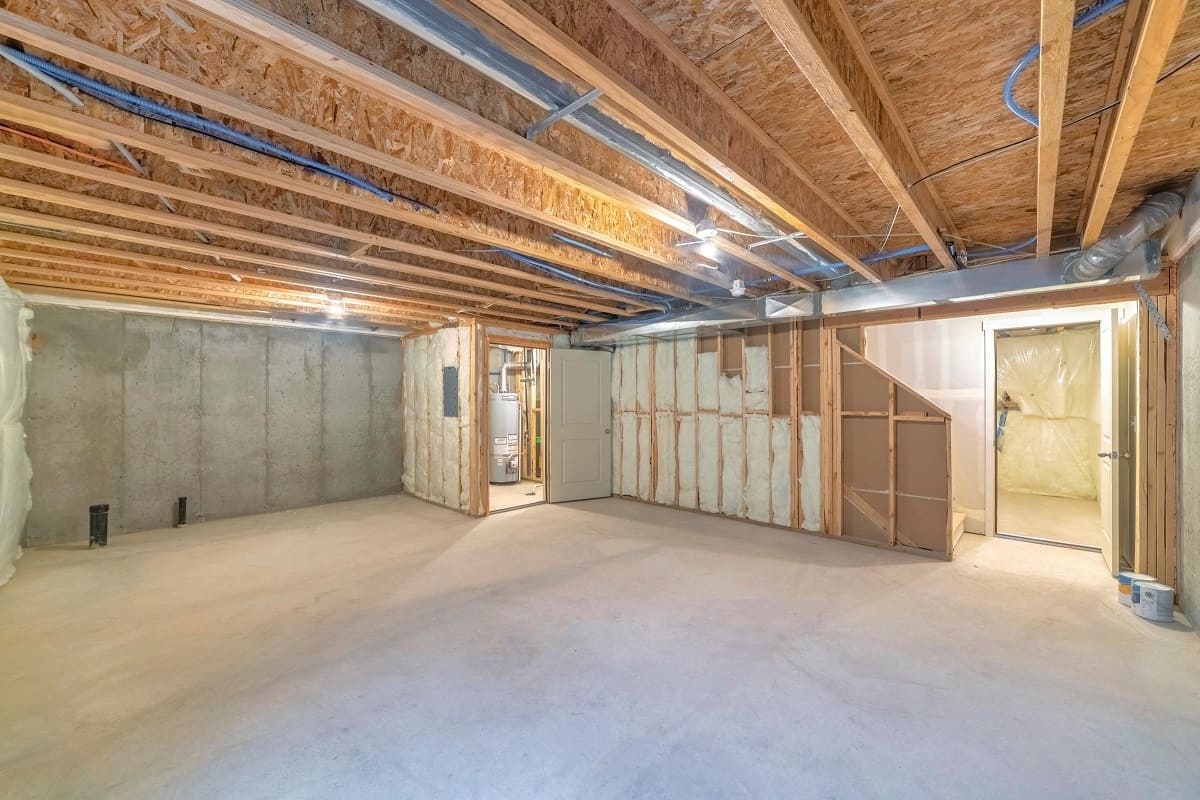
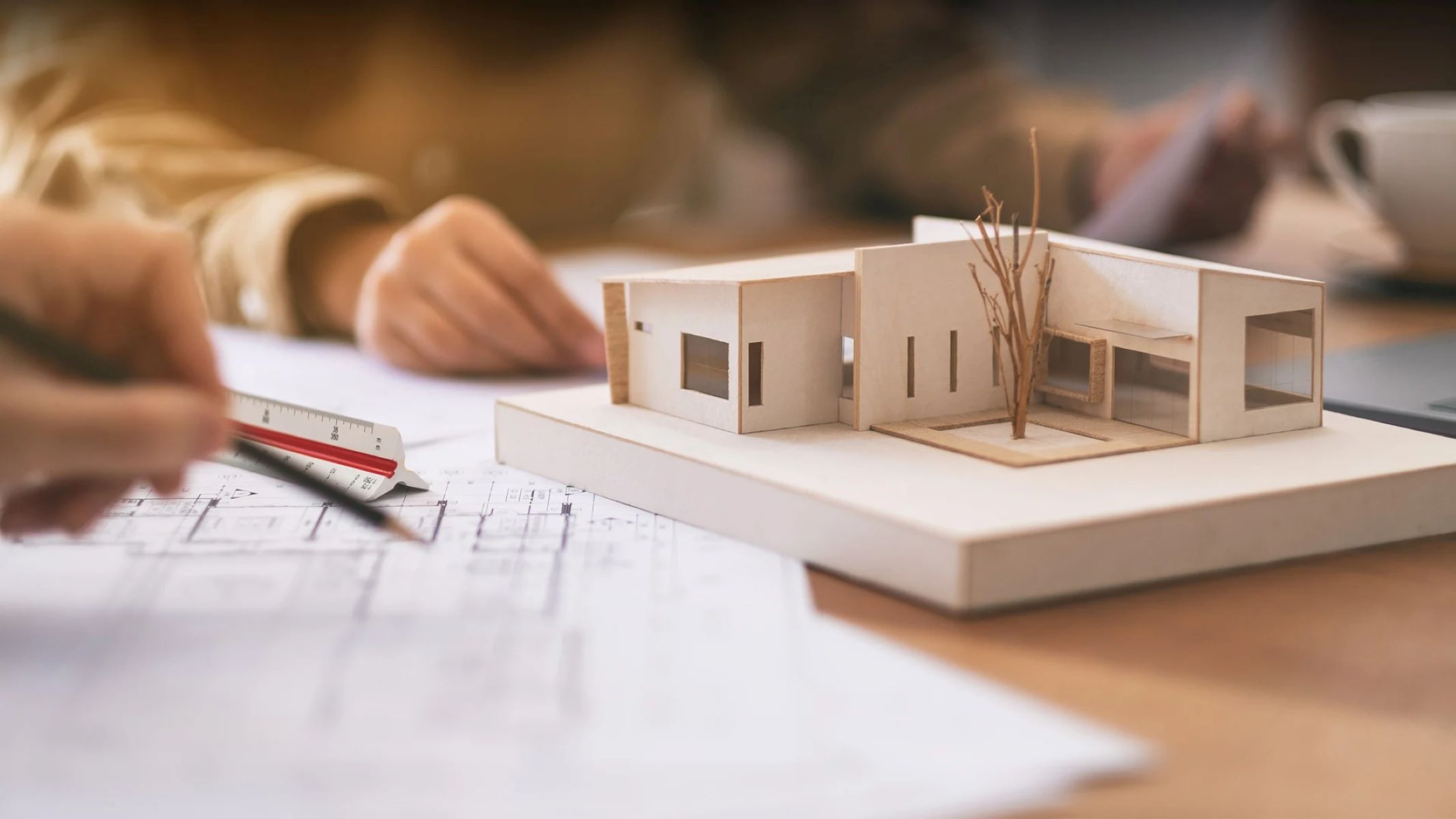

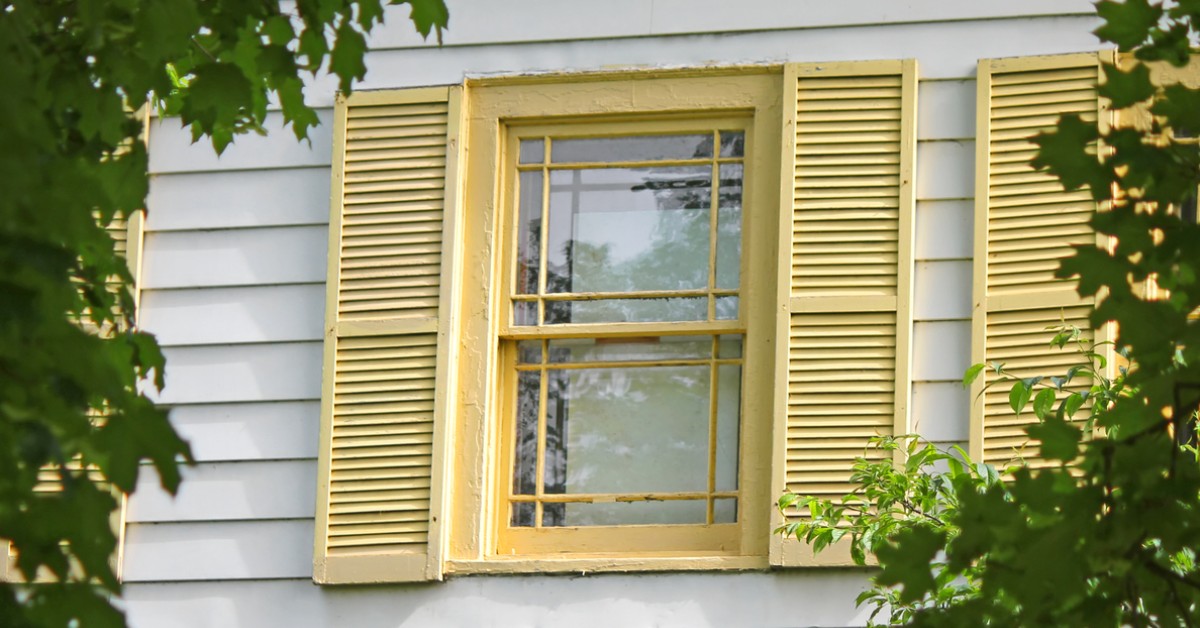
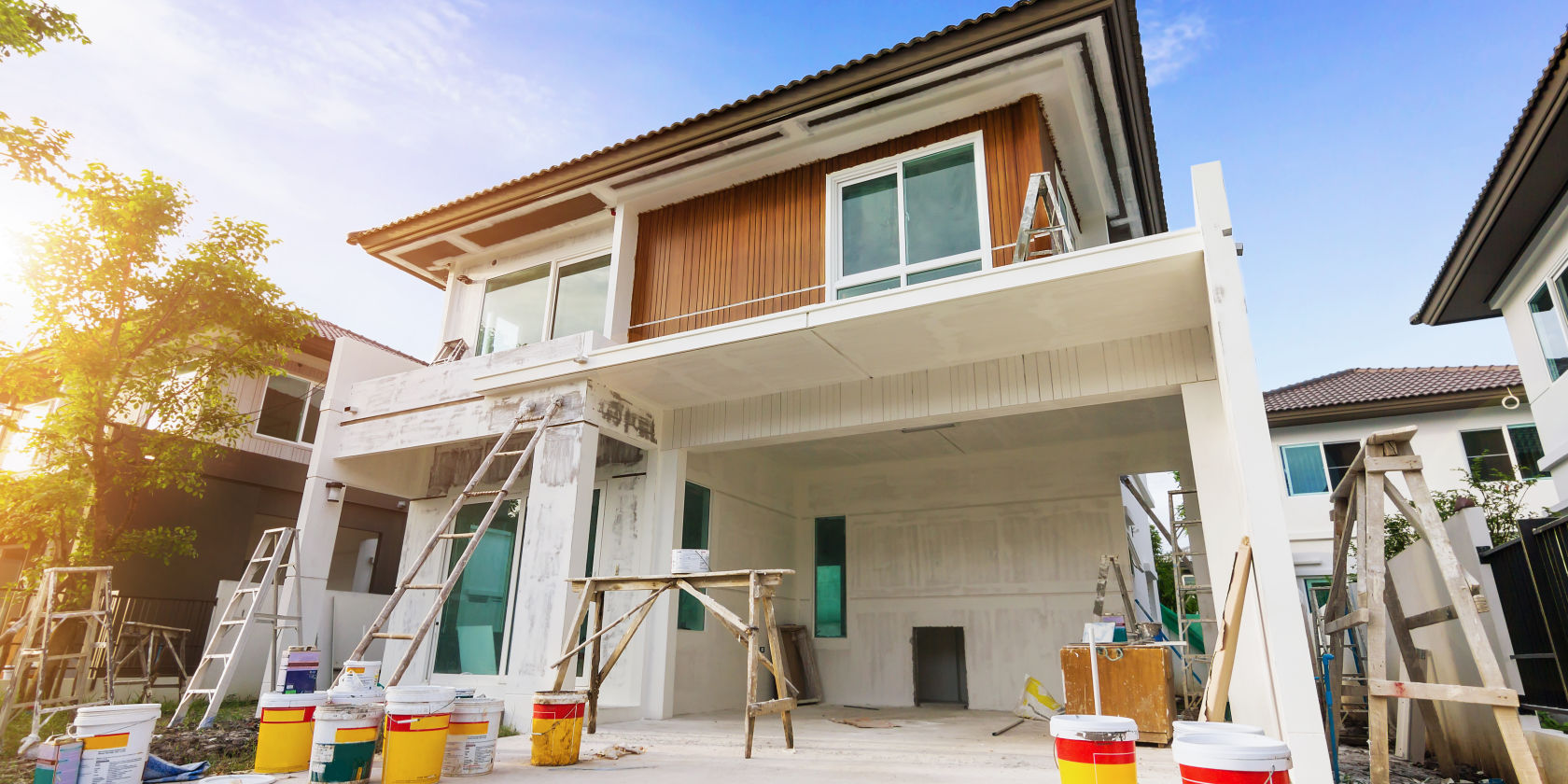
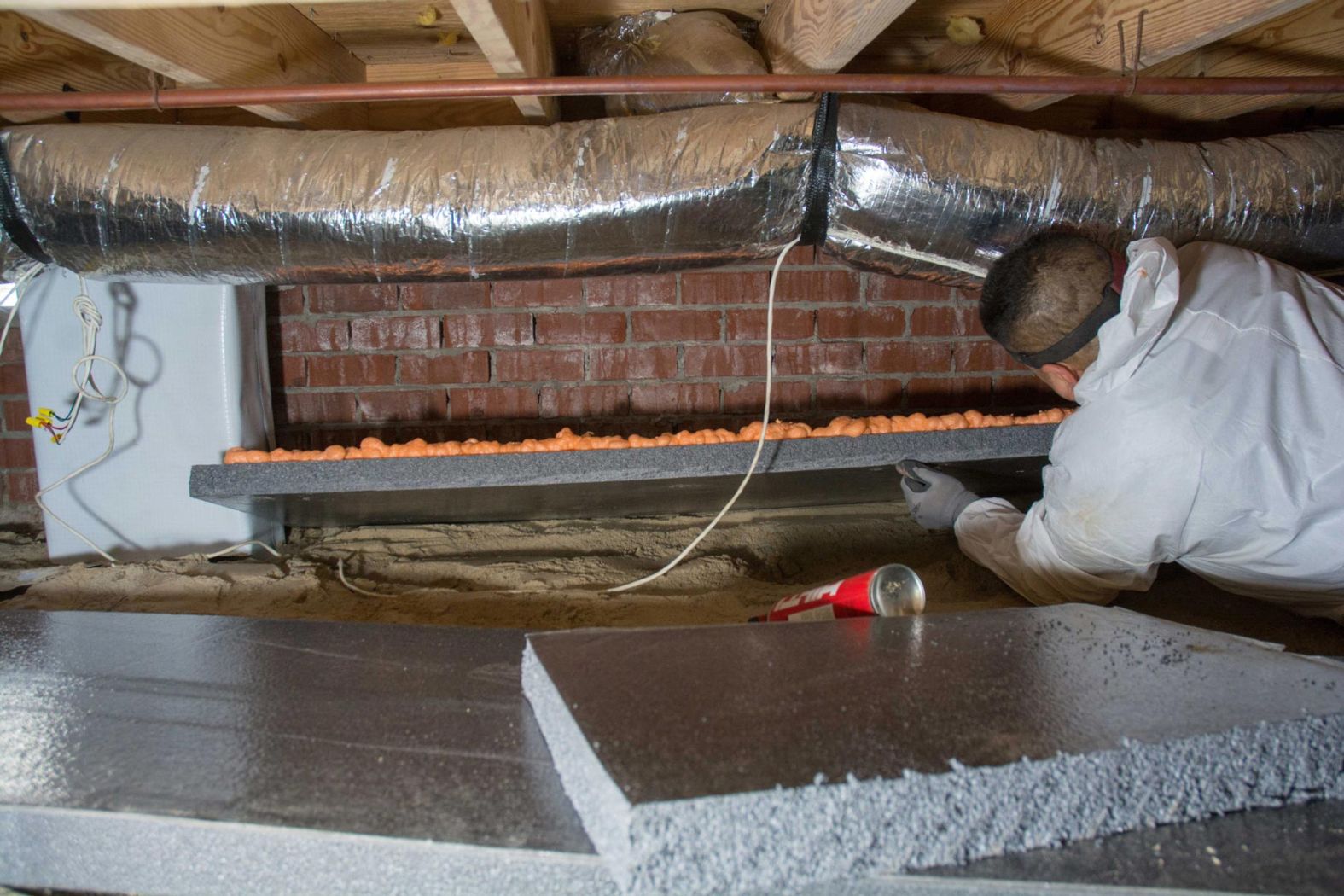
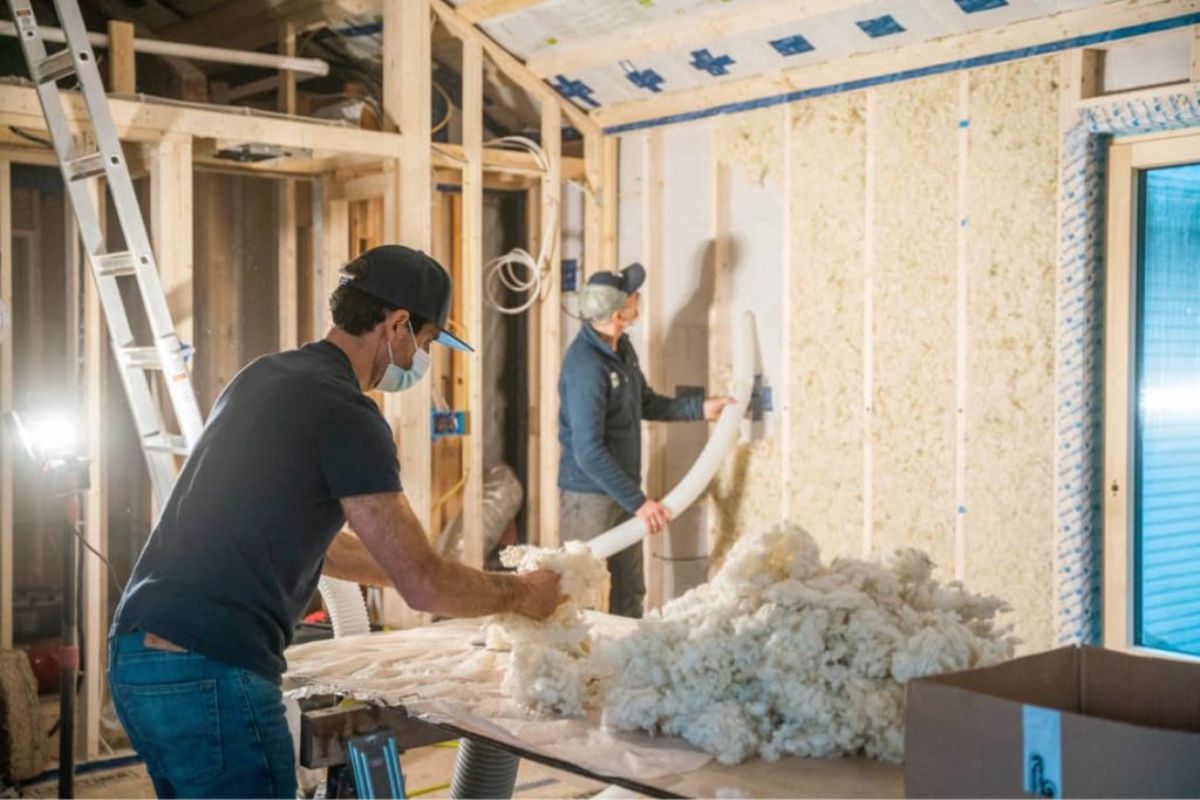
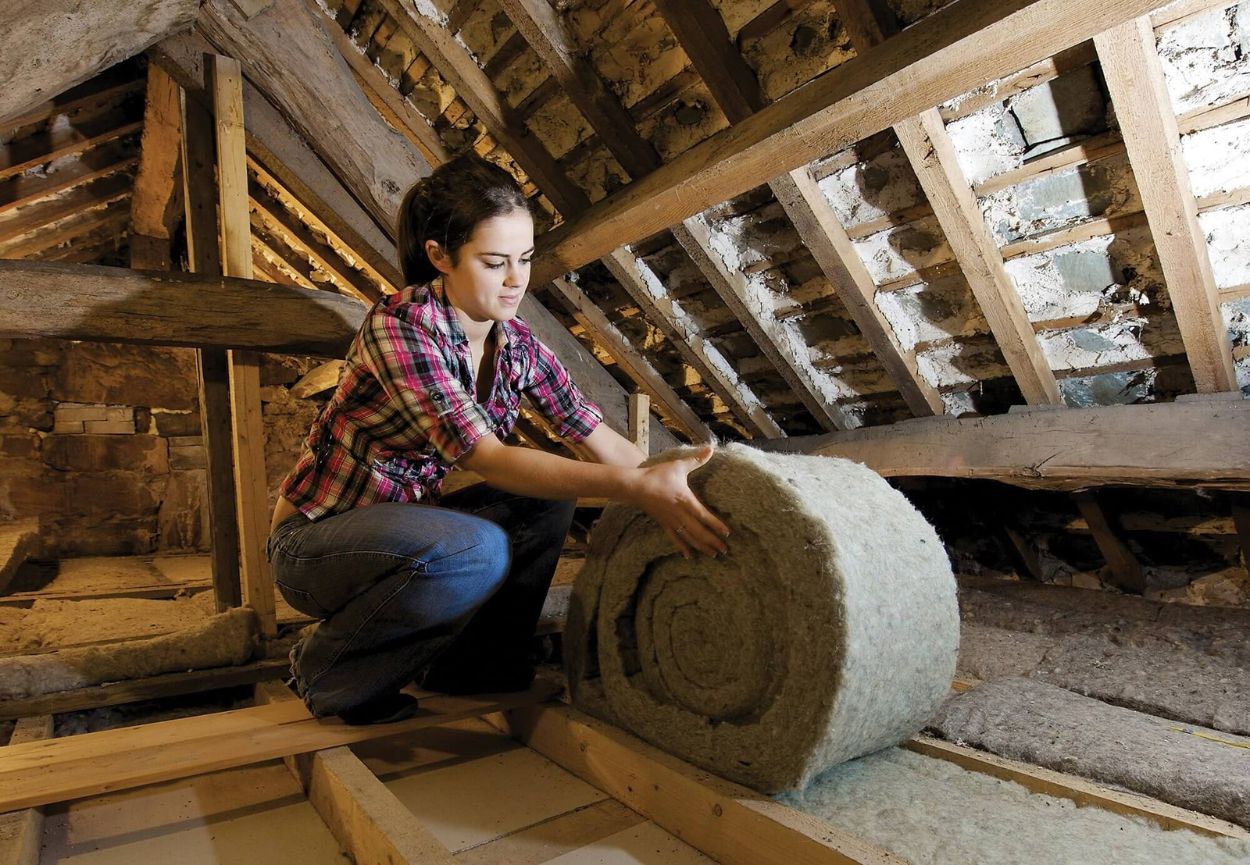
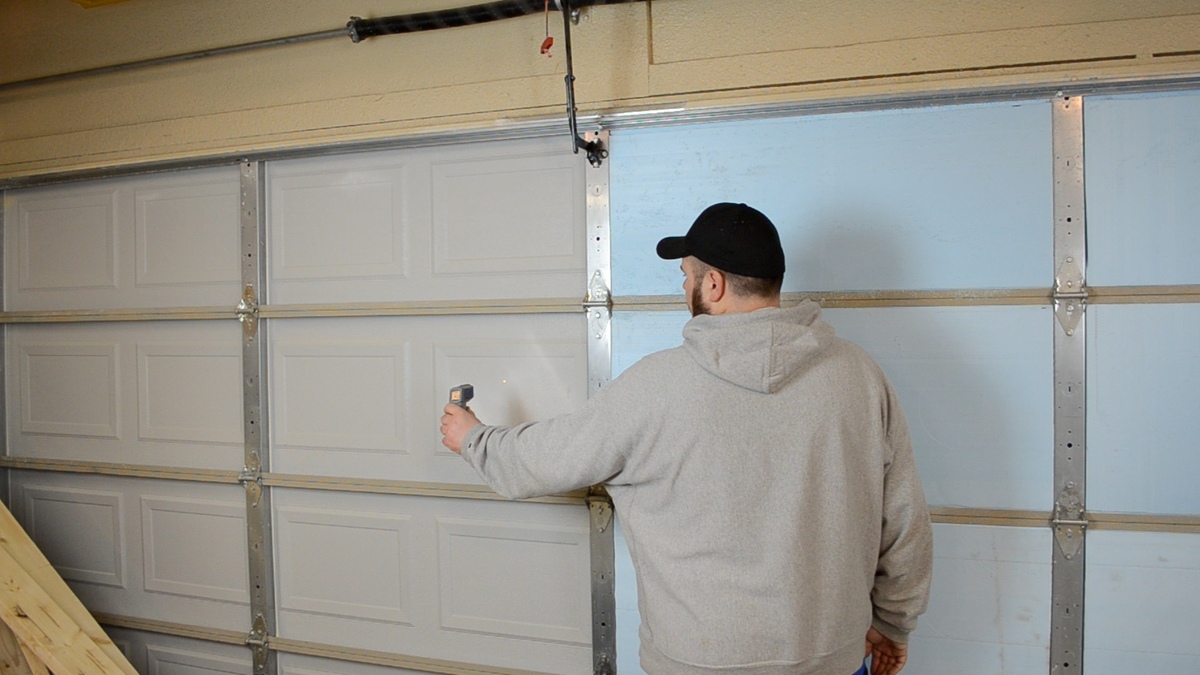
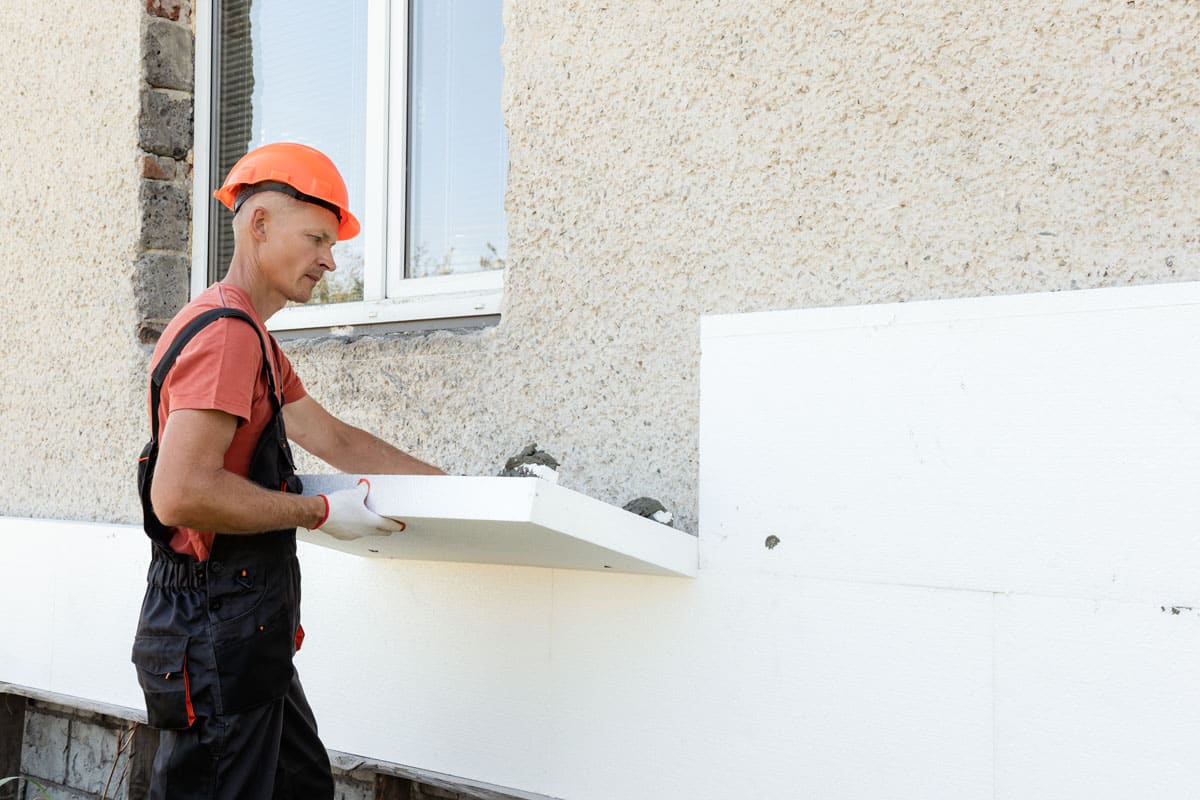
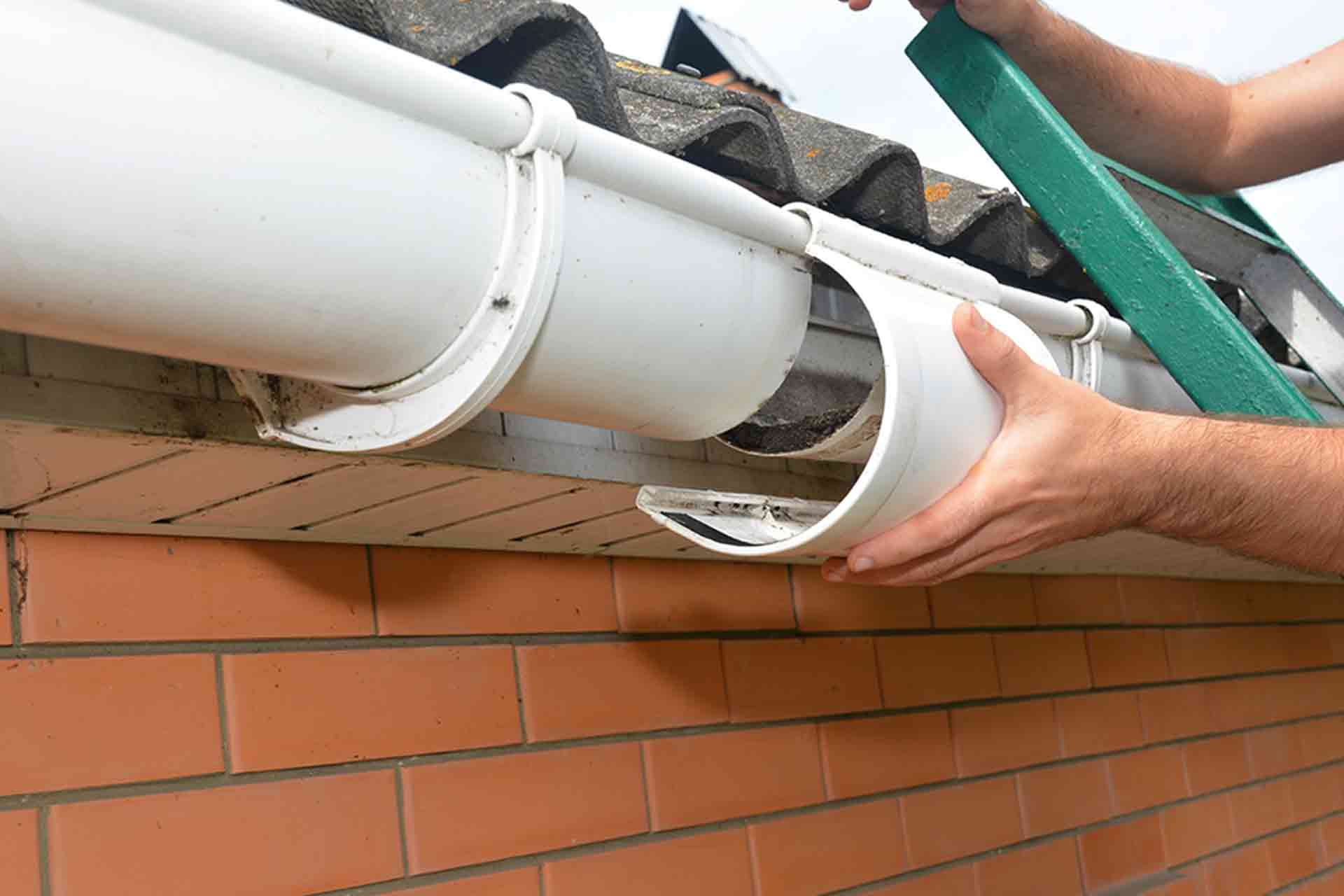
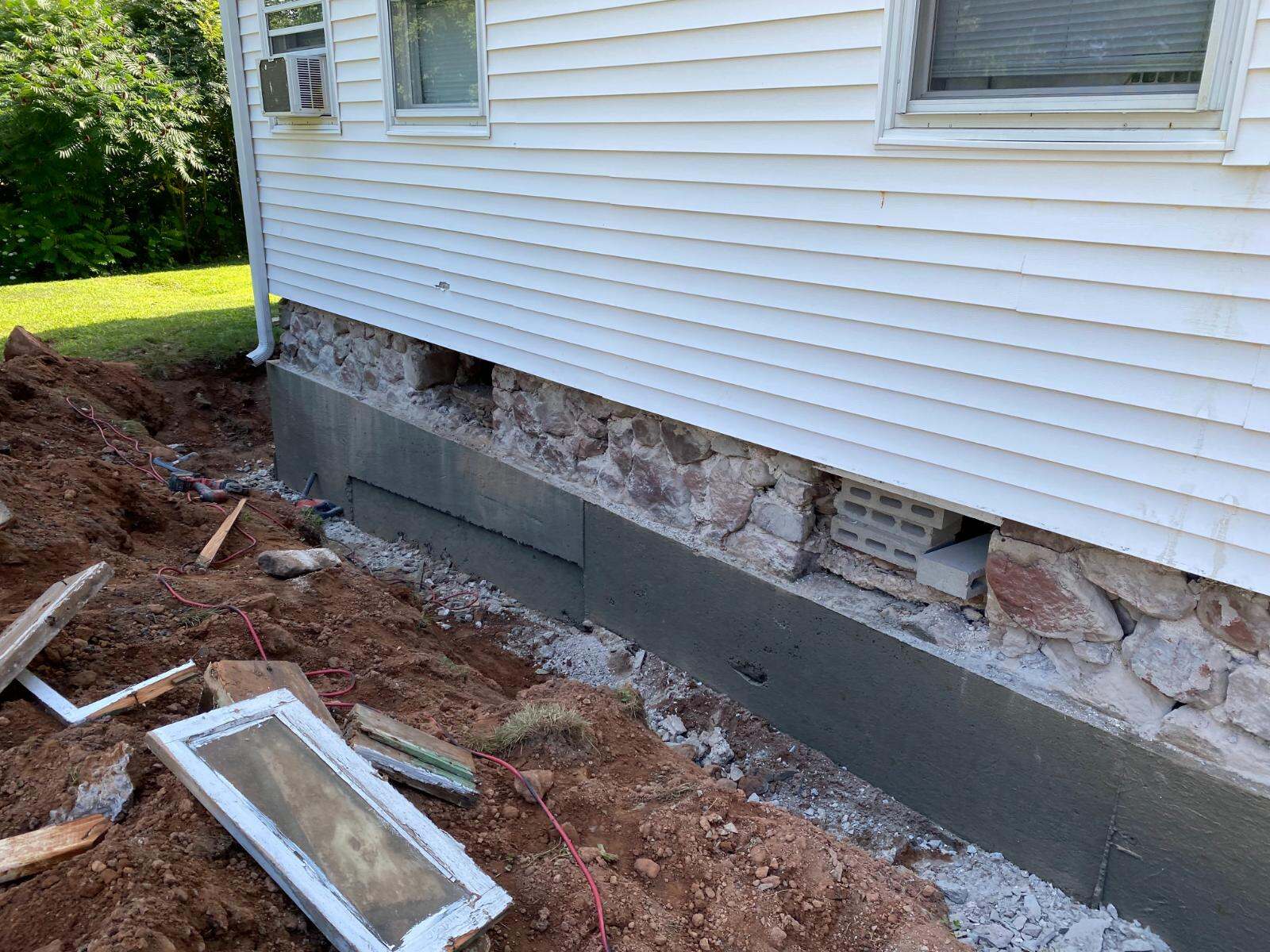
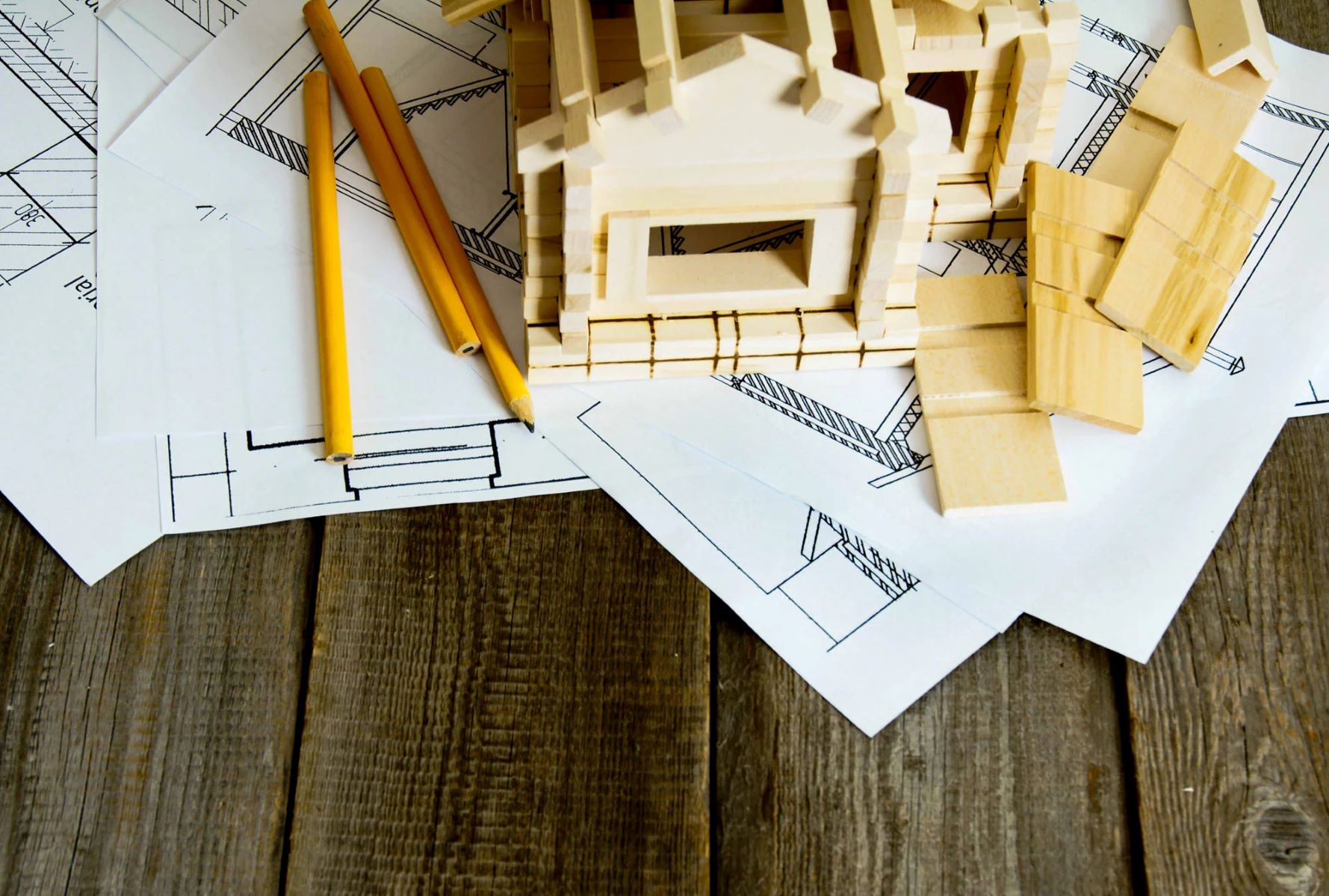

0 thoughts on “How Much Does Insulation Cost For A House”